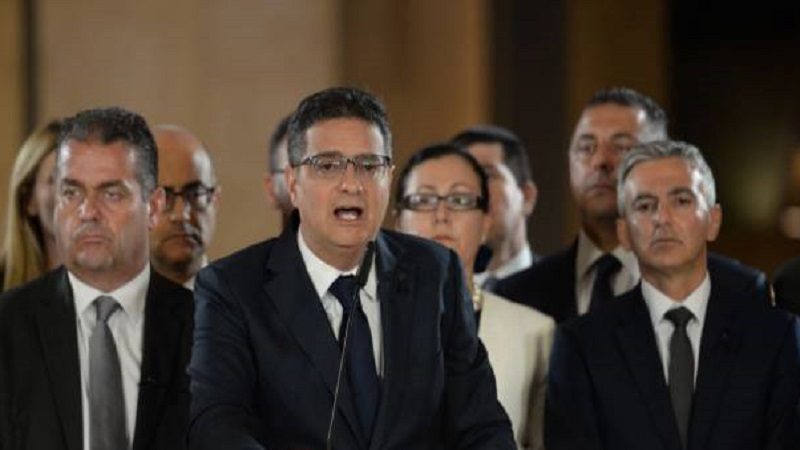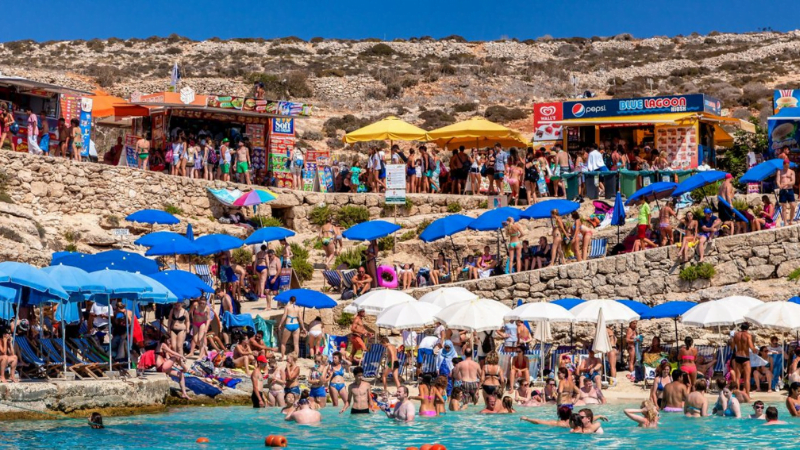Nominating Simon Busuttil as PN spokesperson on good governance is a shrewd attempt by Adrian Delia to build bridges with his predecessor, who still enjoys the support of a small group of MPs who remain critical of Delia’s leadership.
Having his predecessor in his parliamentary ranks complicates matters for Delia. These are unprecedented waters for the PN. The last PN leader who had to accommodate his predecessor was Eddie Fenech Adami in 1978. However, following his removal from the party’s helm, Gorg Borg Olivier was side-lined by the new leadership and the former Prime Minister became pretty much a recluse during his last two years in Parliament before his death in 1980.
On the other side of the political divide, former Labour leader and Prime Minister Alfred Sant found it impossible to accommodate party grandee Dom Mintoff. Having a one-seat majority led to a Sant-Mintoff showdown, with the latter bringing down his party from power in 1998.
Current Prime Minister Joseph Muscat was somehow luckier. Although Sant held on to his parliamentary seat after resigning as leader in 2008, he showed complete loyalty and was one of the few credible and bright voices in Parliament before retiring from the national parliament in 2013.
Although he has not shown the same forcefulness and earnestness to fight corruption shown by his predecessor, Delia’s decision to grant Busuttil a seat on his frontbench shows the new leader’s willingness to build a united front.
Busuttil’s inclusion was however counterbalanced by what some insiders have described as the “demotion” of Jason Azzopardi and Karol Aquilina who both opposed Delia’s leadership bid.
Aquilina, one of six ‘rebel’ MPs who disagreed with the motion put forward by their own party to strike down a law that granted people undergoing IVF treatment 100 hours of leave, was eying the environment portfolio. Instead he was handed the citizenship and bureaucratic simplification portfolio.
The environment portfolio, meanwhile, went to Azzopardi, who for the past five years was at the forefront of the PN’s anti-corruption crusade. Although this could be seen as a snub, the environment could turn into a vote catching issue.
Last year’s general election showed that corruption and good governance does not figure up high in the electorate’s priorities. The environment too has never swayed elections but the rate at which the countryside is being lost and the rampant building spree could damage Labour’s electoral chances in four years’ time.
However, this requires a strong opposition and civil society with a clear narrative which underlines the importance of land use in Malta and the irreversible damage being done to the countryside. Easier said than done but the cost of the environmental devastation goes beyond money.
In many ways, the PN’s new shadow cabinet is a continuation of Busuttil’s legacy. Not only were many MPs retained in their previous roles but all MPs have been given a portfolio. Unlike the Gonzi years, all MPs are involved in opposing the Labour government. This should help keep everyone on board and broaden responsibility over Delia’s team successes or failures.
However, the main task remains scrutinising government in unfavourable circumstances for the opposition. With the economy still going strong and a seamless Labour hegemony in place for years to come, the opposition has a gargantuan task ahead of it.
Probably, Delia’s most important decision was that of taking on the justice portfolio himself, departing from the custom of having the opposition leader shadowing the prime minister.
Notwithstanding Delia’s effort to reach out to his harshest critics within his party, his most difficult task will be that of convincing the electorate that he is an alternative to, and not a carbon copy of Joseph Muscat.
Instead of reaching consensus with Muscat, the PN leader must show that he’s cut from a different cloth and not shy away from the fight against impunity, abuse of power, corruption and social inequality. Otherwise we’re back to square one.












